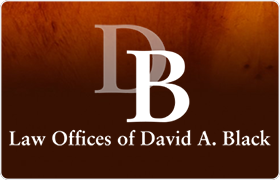Glendale Criminal Lawyer, Arizona, page 4
Sponsored Law Firm
-
 x
x

Click For More Info:
-
Law Offices of David A. Black
40 North Central Avenue Suite 1400 Phoenix,AZ 85004» view mapAssault, Appeals, DUI, Drug Crimes Phoenix Criminal Defense Lawyer
We have years of experience successfully defending clients. Being accused of a crime is simply that – an accusation. We will vigorously defend your rights.
800-975-4680
FREE CONSULTATION
CONTACTMatthew L. McClellan
Employment Discrimination, Criminal, Medical Malpractice, Car Accident, Accident & Injury
Status: In Good Standing
Stephen L. Weiss
Civil Rights, Medical Malpractice, Criminal, Business, Mass Torts
Status: In Good Standing
FREE CONSULTATION
CONTACTKevin Crowley
Employment Discrimination, DUI-DWI, Criminal, Securities Fraud
Status: In Good Standing
FREE CONSULTATION
CONTACTFREE CONSULTATION
CONTACTFREE CONSULTATION
CONTACT
 David A. Black Phoenix,AZ
David A. Black Phoenix,AZ Contact UsContact the Firm
Contact UsContact the Firm About UsLearn More About Us
About UsLearn More About Us